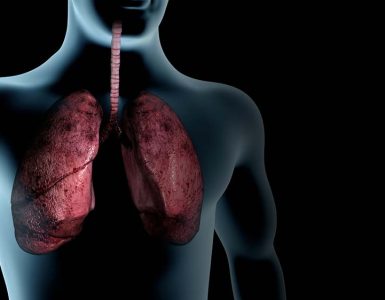A published study in the Journal of Infectious Disease in Developing Countries identified the emerging challenge of Carbapenemase-Producing Bacterial infection (CPB) in Venezuela. The lead author, Liliana Gomez-Gamboa used phenotypic and genotypic methods to diagnosis the gram negative bacteria in the rising number of admitted cases in the Dr. Adolfo Pons Hospital in Maracaibo.
Currently, CPBs are a global public health threat contributing significantly to morbidity and mortality of the country. A total of three classic classes (A, B and D) of Carbapenemases have been detected among the reporting patients from all over the Latin America region.
The research team pointed out, “the first sporadic cases of (CPBs); KPC (Klebsiella pneumoniae carbapenemase)-producing K. pneumoniae and Enterobacter cloacae were reported in between 2009 to 2010 whereas VIM-2 was identified for the first time in 2002.”
The lead author further highlighted, “in today’s time, the most frequently occurring CBPs infection is caused by Acinetobacter spp. These are carbapenem-hydrolyzing class D β-lactamases (CHDLs).” However, the study’s outcome presented that the majority of patients admitted presented with Klebsiella pneumonia complex infection (40.17%) followed by Acinetobacter baumannii-calcoaceticus complex and Pseudomonas aeruginosa (14.53%).
The Clinical Laboratory Standards Institute (CLSI) and the European Committee on Antimicrobial Susceptibility Testing (EUCAST) guidelines are currently the most used break-point standard guidelines for antimicrobial susceptibility testing worldwide.
Thus, to enhance the effectiveness ofthe antibiotics, a gene analysis was further performed, which isolated two types of genes VIM- type in P. aeruginosa (86.27%) and K. pneumonia e isolates (3.87%). However, the other types, IMP-type and OXA-type genes were not identified.
Thus, the author and his team concluded a widespread predominance of K. pneumoniae KPC producers and a high rate of VIM-producing P. aeruginosa in Venezuela.Furthermore, they recommended implementation of an improved surveillance system to control the rapidly evolving Venezuela environment.
















Add comment